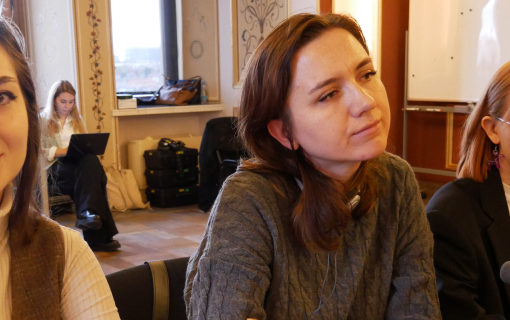Focus Group Findings on Perceptions on Women in Georgian Politics
From June 18–21, 2012, IFES worked with the Institute of Social Studies and Analysis (ISSA), a Tbilisi–based research organization, to conduct eight focus groups across Georgia to better understand the perceptions, opinions and perceived obstacles women face as political candidates and elected officials. Findings indicate that while both men and women are open to voting for either men or women candidates based on their qualifications, greater participation of women in Georgian politics is challenged by societal assumptions on the role of women.
Focus group participants cite the following obstacles to women becoming elected officials: society's "traditional mentality" that women’s primary role is to care for the family; the view that women are not suitable for politics or that politics are within a man’s domain; the impression that women are not interested in becoming elected (for various reasons, including that politics is a dirty game for anybody involved); and that women are less likely to possess some qualities desirable in elected officials.
Nevertheless, focus group participants identified several positive qualities they believe women elected officials can bring to the political process: they are thought to be more diplomatic, less aggressive, more reliable in keeping promises and less corrupt. These are all positive qualities male politicians are perceived to be less likely to possess and can be important in distinguishing the core competencies female candidates and elected officials can deliver.
Read more about focus group findings here.









